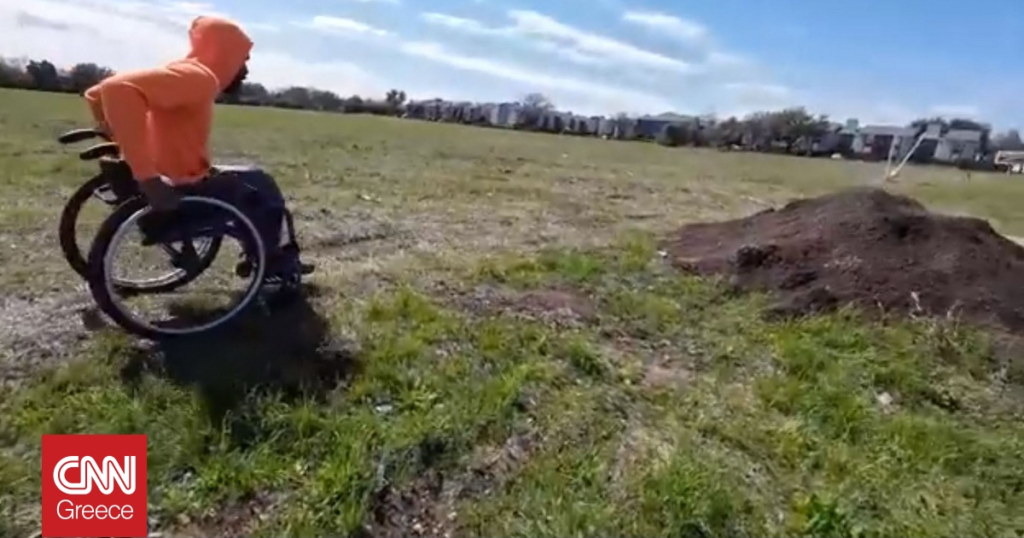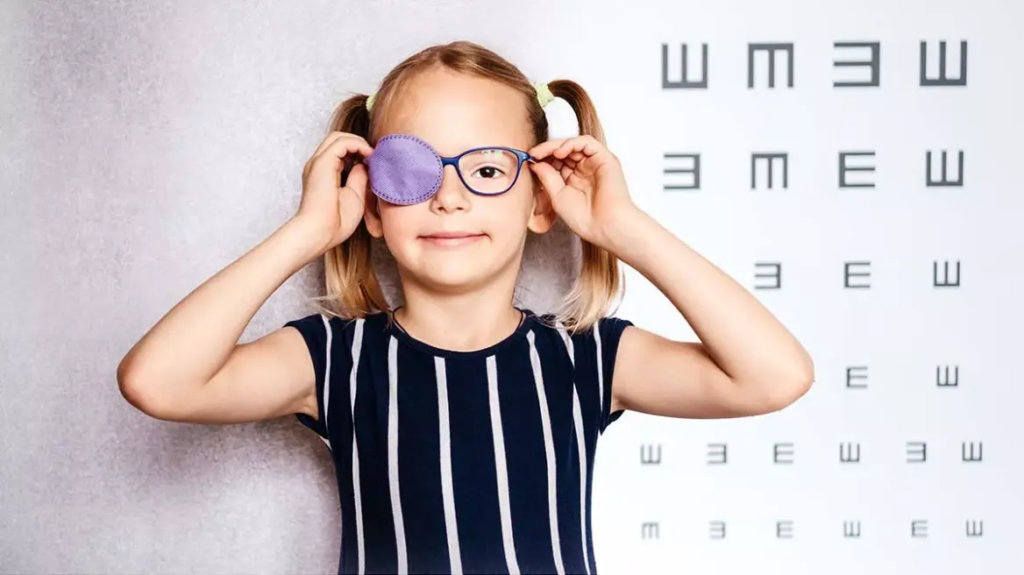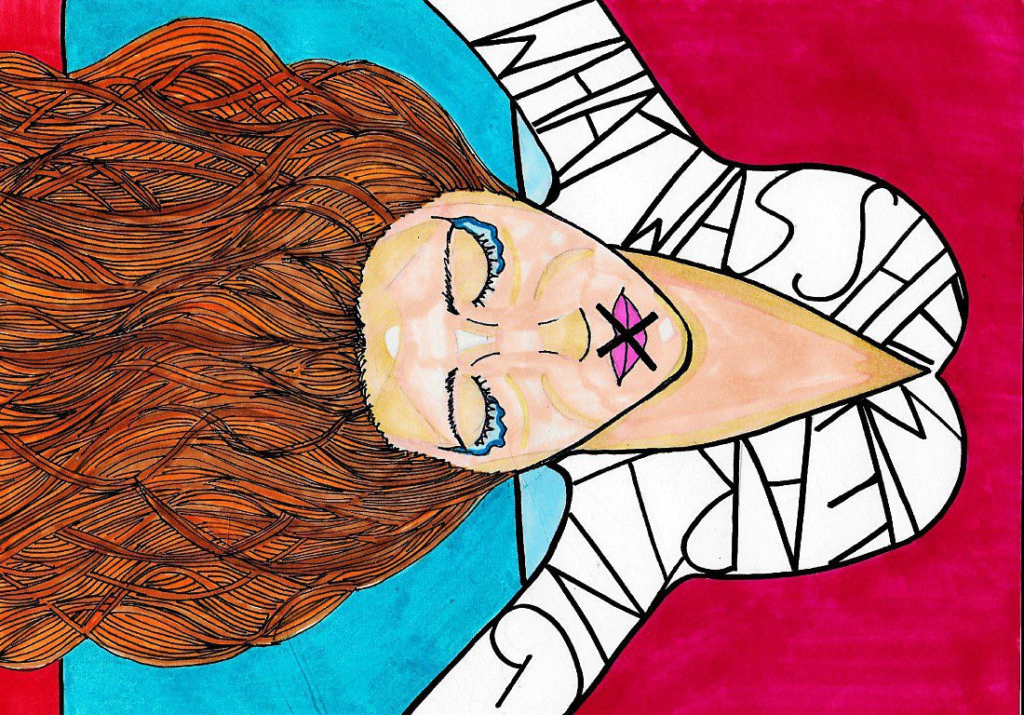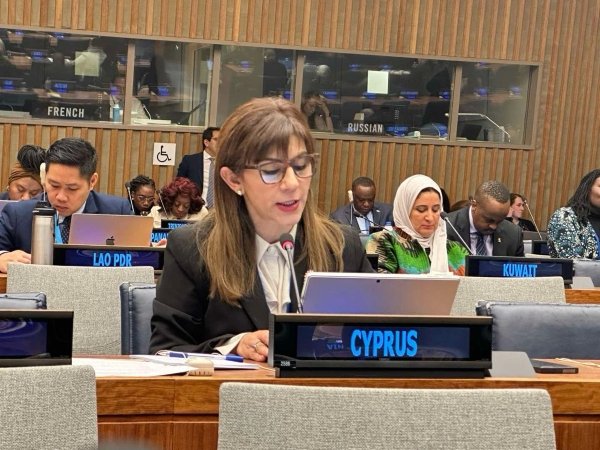

Interview with Bella Okuya
Translation: Editorial team of pass-world.gr
David Gissen is a Professor of Architecture and Urban History at the Parsons School of Design at The New School. His new book, “The Architecture of Disability: Buildings, Cities, and Landscapes Beyond Accessibility,” presents a new way of thinking about the history of architecture and architectural theory, placing disability at the center and changing the way we see the everyday built environment.

David Gissen
Q: Can you tell us a bit about the inspiration behind this book
A: I’ve spent my entire career in the world of architecture as a person with a disability. I am a survivor of pediatric bone cancer, underwent treatment here in New York in the 1980s. I am also an amputee.
I went to undergraduate architecture school as a person with a disability, partially using a wheelchair and crutches at the time. I went to college, did a Ph.D., was a curator, a professional, a practicing architect, and then returned to school to become an academic.
As someone with a long career in the world of architecture, I believe that ideas about debility, disability, and physical weakness are much more complex than simply making buildings more accessible.
The way we think about architectural history, architectural ideas about nature and the environment, the way architects create and design through architectural form, and the way cities urbanize and construct buildings are all intertwined with ideas about ability, debility, and disability.
The genre of writing known as architectural theory interprets architectural history, the aesthetics of construction, and concepts about nature and the environment. My goal was to provide a critique from the perspective of disability on all these issues, especially on the way I learned, was encouraged to practice, and was encouraged to teach these ideas. Writing this book allowed me to express thoughts I had long held in one volume.
Q: Could you speak more about a key concept in the book, the “urbanization of impairment,” and how it relates to this theory?
However, in my chapter “The Urbanization of Impairment,” I question whether the critique from the perspective of disability in the contemporary city should simply target access to the city as it is, or if it should reconsider some of the values embedded in urban spaces.
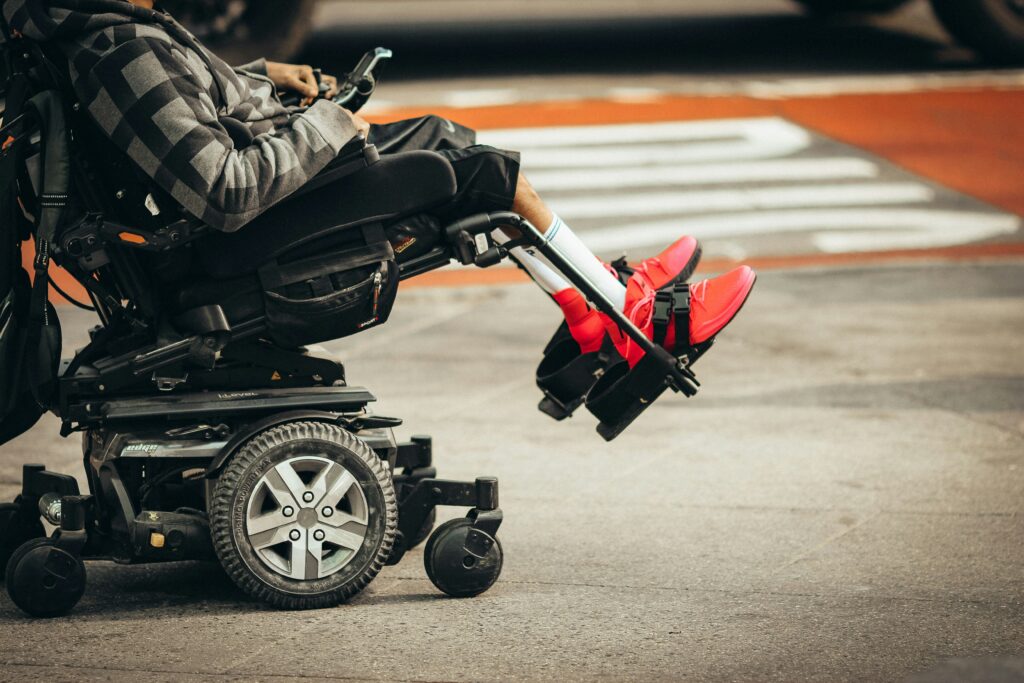
Jon Tyson/Unsplash
For example, many cities like New York and London manage water based on the European perception of hydrological management. The recent torrential rains in New York highlighted the limitations of our Western model of paved roads with curbs. There are various environmental critiques of roads and sidewalks that support alternative approaches to urban wastewater management.
Disability activism often overlooks how navigating the city is governed by predetermined ideas about property rights and trespassing laws.
For example, when I walk along Long Street in New York – which is 950 feet long – and encounter a passage between two apartment buildings or buildings that would make my journey more accessible, I often see signs that say “no trespassing,” which hinder my ability to pass through.
From my perspective, this entails the potential for an extensive political dialogue that transcends the scope of accessibility.

Josh Appel/Unsplash
Q: After reading your ideas about the “natural” – or what we consider “natural” – I saw my environment in a different way. What does it mean when you say that “nature is produced”?
A: I began my architectural career with a strong interest in architectural environmentalism, also known as the green movement in architecture, environmental movement in architecture, or sustainable architecture.
I was troubled by the evaluation of elements of nature solely based on their capabilities, especially the concept of biocapacity. For example, trees were considered “good” because they absorb carbon and release oxygen, and certain species of shellfish were valued for their ability to clean up urban river waters. As someone who often feels incapable, I wondered who advocates for the “weak” aspects of nature.
Then I read “Concrete and Clay” by geographer Matthew Gandy. It focused on how cities produce nature both as a physical entity – such as Central Park, a fully designed landscape – and as an idea, assessing specific aspects of nature according to the demands of an industrial capitalist society.
The book was unlike anything else the environmental movement in architecture was concerned with. I applied to become Gandy’s doctoral student and spent six to seven years collaborating with him.
The earlier inhabitants, the Native Americans – who lived there for thousands of years – inhabited a very different landscape, which would resemble more of an agricultural landscape rather than the idea of wilderness that has been incorporated into it in the last 100 to 150 years.
The last twenty to thirty years have seen significant activism for increasing accessibility in these national parks. One of the questions I raise is whether advocating for increased accessibility in national parks is the right path for disability leadership in the United States.
[…]
Excerpt from the article published in Public Seminar.
David Gissen is a Professor of Architecture and Urban History at the Parsons School of Design at The New School.
Bella Okuya is a candidate for an MFA in Photography at the Parsons School of Design.



